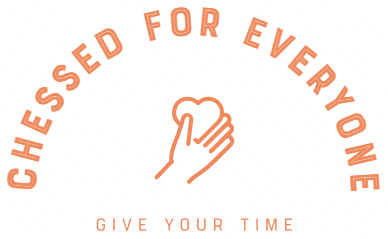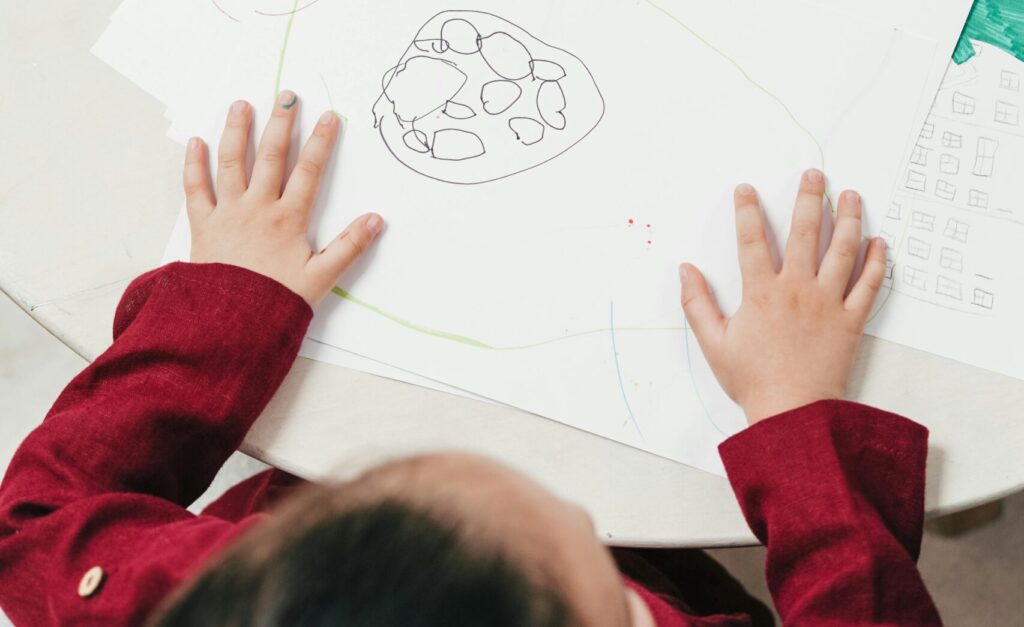In our fast-paced world, where stress and anxiety often take center stage, finding pathways to happiness can seem like a never-ending quest. While self-care routines, exercise, and hobbies play crucial roles, there’s another powerful and often overlooked avenue to lasting joy: acts of kindness and volunteering. Engaging in these activities not only benefits others but also profoundly enhances our own well-being. Let’s explore how extending a helping hand can lead to a happier, more fulfilling life.
The Science Behind Kindness and Happiness
Numerous studies have shown a strong link between acts of kindness and increased happiness. When we perform kind deeds, our brains release a cocktail of feel-good chemicals, including dopamine, serotonin, and oxytocin. These neurochemicals are often referred to as the “helper’s high,” a sensation of euphoria followed by a lasting sense of calm and well-being. This biochemical response not only elevates our mood but also reduces stress and anxiety levels.
Building Social Connections
One of the fundamental human needs is the need for social connection. Volunteering and performing acts of kindness can significantly expand our social networks. By working alongside others towards a common goal, we form bonds and friendships that provide emotional support and a sense of belonging. These connections are crucial for our mental health, helping to alleviate feelings of loneliness and isolation, which are common in today’s society.
Enhancing Self-Esteem and Sense of Purpose
Engaging in selfless activities can also boost our self-esteem and overall sense of purpose. Knowing that our efforts have made a positive impact on someone’s life can provide a profound sense of accomplishment and pride. This is particularly beneficial for those struggling with low self-worth or existential anxiety. By contributing to the well-being of others, we reaffirm our value and place in the world, which can be incredibly empowering.
Creating a Ripple Effect
Kindness is contagious. When we perform acts of kindness, we inspire others to do the same, creating a ripple effect of goodwill. This not only amplifies the positive impact on the community but also reinforces our own happiness. Witnessing the spread of kindness can provide a deep sense of fulfillment and optimism about humanity.
Cultivating Gratitude
Helping those in need often puts our own lives into perspective, fostering a sense of gratitude. When we volunteer or perform kind acts, we become more aware of the things we often take for granted. This shift in perspective can help us appreciate the positive aspects of our own lives, contributing to a more positive and content mindset.
Practical Ways to Get Involved
- Local Community Centers: Many community centers offer various volunteering opportunities, from food drives to tutoring programs.
- Nonprofit Organizations: Find a cause you’re passionate about, such as animal shelters, environmental groups, or healthcare charities, and offer your time and skills.
- Random Acts of Kindness: Simple gestures like helping a neighbor with groceries, paying for someone’s coffee, or writing a thank-you note can make a significant impact.
- Virtual Volunteering: In the digital age, there are countless ways to volunteer online, such as offering virtual tutoring, providing career advice, or contributing to open-source projects.
Incorporating acts of kindness and volunteering into our lives is a powerful way to enhance our happiness and well-being. By fostering social connections, boosting self-esteem, creating a ripple effect of goodwill, and cultivating gratitude, these selfless acts provide a multitude of benefits that extend far beyond the immediate feel-good moment. So, the next time you’re feeling down or stressed, consider reaching out to help someone else—you might just find that it’s the best remedy for your own happiness.

